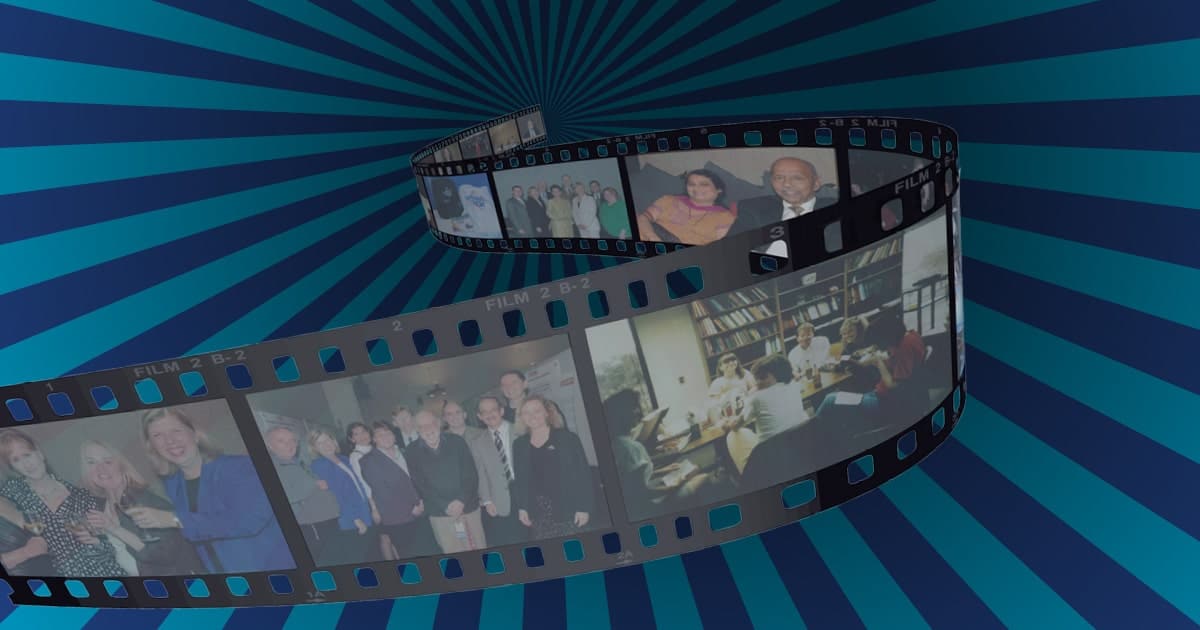Everyone needs sleep. It is crucial for both physical and mental well-being, restoring, and rejuvenating the body and mind. However, the World Health Organization estimates that 1 in 3 people worldwide have some form of sleep disorder, such as insomnia, limb movement, or sleep apnea (San & Arranz, 2024).
The relationship between sleep disorders and hearing loss has been extensively researched, yet it remains unclear how much one of these affects the other. Some studies suggest that hearing loss may worsen sleep quality (make it harder for people to sleep well), while concurrently, sleep disorders may worsen auditory health.
Researchers at Air Force Medical University in China recently reviewed literature focusing on the relationship. Zhang et al. (2025), systematically reviewed and analyzed the existing literature on the correlation between sleep disorders and hearing loss.
Results revealed that individuals with hearing loss may be more sensitive to background noise, which can cause problems falling asleep, frequent awakenings, and overall poor sleep quality. In addition, hearing loss has been shown to lead to social isolation, which amplifies stress. Both social isolation and stress can reduce sleep quality.
Sleep disorders can interfere with the microcirculation within the cochlea, thus decreasing the blood supply and damaging the hair cells. Sleep disorders may also cause an imbalance of electrolytes in the inner ear, disrupting fluid dynamics, and triggering oxidative stress and immune dysregulation. These processes may also undermine auditory function.
Zhang and colleagues conclude that future research should focus on the relationship across neurophysiology, the peripheral auditory system, oxidative stress, and the immune response. Other factors should also be researched, such as age, sex, comorbid health conditions across diverse populations, such as older adults and specific occupations.
References
Zhang, P., An, X., Yang, R., Qi, M., Gao, Z. et al. (2025). Echoes in the night: How sleep quality influences auditory health. Neuroscience, 21(577), 200-216. doi: 10.1016/j.neuroscience.2025.04.039. Epub 2025 Apr 26. PMID: 40294844.
San, L. & Arranz, B. (2024) The night and day challenge of sleep disorders and insomnia: A narrative review. Actas Esp Psiquiatr 52(1):45-56. PMID: 38454895; PMCID: PMC10926017.
Recent Posts
Why Do Elephants Have Such Big Ears?
African elephants have the largest ears of any animal, sometimes growing more than six feet long and five feet wide. An elephant’s ears are used…
Founders’ Day
The 32 audiologists gathered in Houston, Texas, in 1988 to discuss the formation of a national association of audiologists. On January 30, 1988, 32 audiologists met…
House Minibus Advances with Mixed Outcomes for EHDI
Last week, the U.S. House of Representatives passed a fiscal year (FY) 2026 minibus appropriations package that includes the Labor, Health and Human Services, and…


